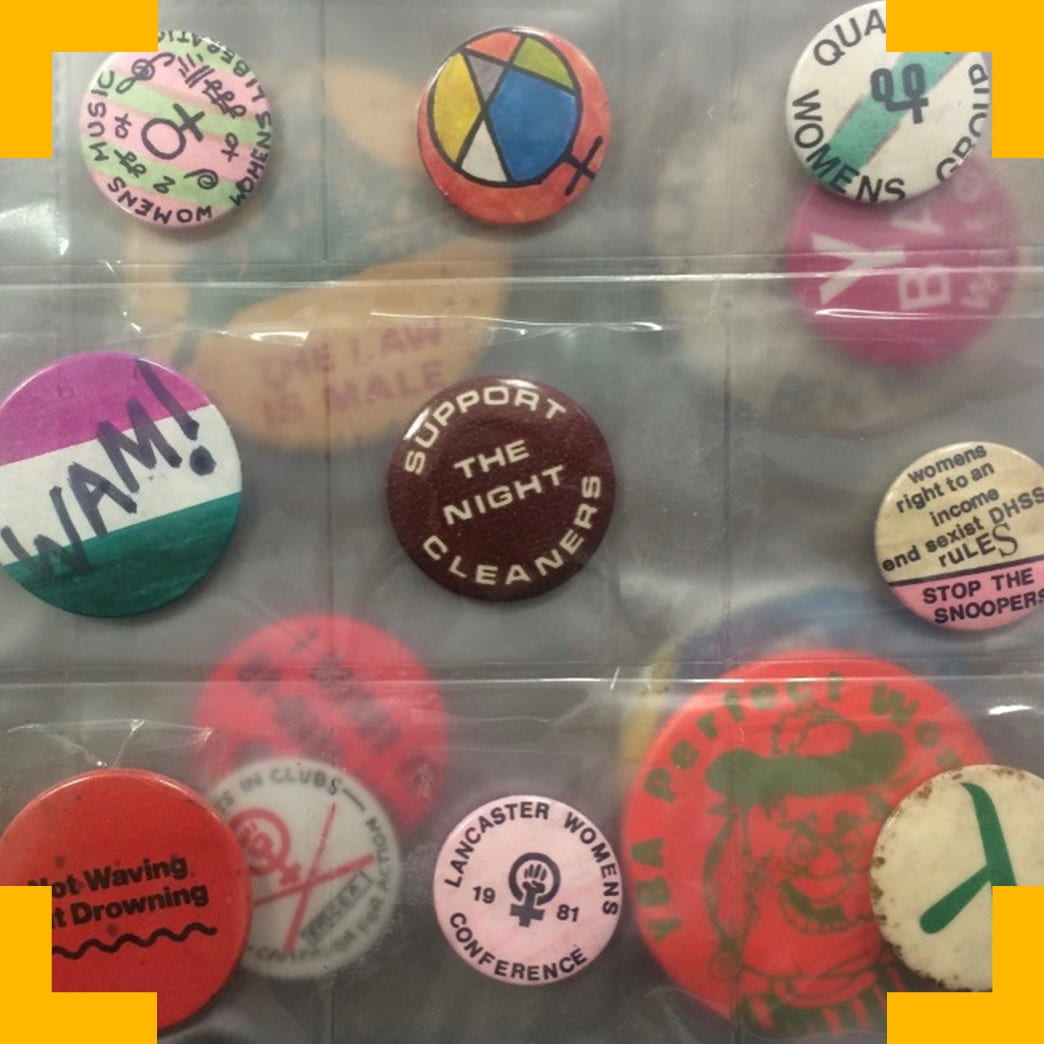What the Future Holds
What can we learn from the collective care practices of the Women’s Liberation Movement (WLM) to create a care toolkit relevant to contemporary contexts? This project explores how care can offer us a social, creative and political strategy for living well with uncertainty.

This project looked to identify the collective care practices which formed an integral part of the Women’s Liberation Movement (WLM) and use them to create a care toolkit relevant to contemporary contexts. Audre Lorde writes ‘self-care is not self-indulgence it is self-preservation and that is an act of political warfare’ (1988, 112). Lorde in pointing to the racialization of who can afford to care about oneself and who cannot, highlights how self-care contributes to the survival of marginal and often fragile political communities. The politicizing of care has been one of the enduring legacies of the Women’s Liberation Movement (WLM) including the questioning and revaluing of women’s responsibilities for unpaid care, and their strategies to make care work visible. This work has highlighted the ways that care includes both physical and emotional activities, requiring complex skills in addition to its demanding interpersonal dimension. In this project the team are researched the diverse meanings of collective and self-care present within the Feminist Archive South (FAS) which will gave voice to a series of strategies, used to create a Care Toolkit.
Research questions included:
- Can care offer us a social, creative and political strategy for living well with uncertainty?
- What can FAS teach us about self-care and collective care practices?
- How could these knowledge and experiences of care be applied within a Care Toolkit?
What did the project involve?
For this Ideas Exchange the team explored the potential test groups for the research. The team has looked at the care deficit amongst the activist communities and the growing trend of burnout, especially in a time of austerity. However they also discussed a care deficit within academic staff and amongst university students. The researchers used this Ideas Exchange fund over six weeks to develop and refine the project brief, key participant group, researched existing toolkits and their effectiveness, developed a workshop brief and developed a shared language and understanding amongst multi-disciplinary team.
Who are the team and what do they bring?
- Alice Tatton-Brown (Independent Artist) works in multiple roles within her creative collaborations as producer, writer, archivist, performer, facilitator and designer. In 2015 Alice worked with producer Emily Williams to develop template Contract of Care’s for the cultural sector, whilst also delivering workshops on care strategies for Artists.
- Dr Maud Perrier (School of Sociology, Politics and International Studies, University of Bristol) researches on the care practices of teenage and older mothers, academics, midwives and maternal entrepreneurs. Theoretically her work has developed the concept of community care economies and challenged the centrality of the maternal within contemporary feminist theory (Perrier and Fannin, 2016). She also has established relationships with a variety of feminist organizations in Bristol developed as director of the Gender Research Centre (SPAIS)
- Dr Junko Yamashita’s (School of Sociology, Politics and International Studies, University of Bristol) research has been centered around conceptualisation and evaluation of care, and impacts of welfare institutions and policy discourse on them, including policy impacts on men’s involvement on care (Yamashita 2017) and emerging intergenerational and multi-dimensional care (Yamashita and Soma 2016).
What were the results?
Within this Ideas Exchange the team:
- Created a knowledge base of self-care and collective care strategies from Feminist Archive South (FAS).
- Created a Care Toolkit, which will take the form of a pamphlet and poster; including FAS care strategies, checklists, contracts, and artwork.
- Evaluated the effectiveness of Care Toolkit by collecting qualitative data from test group.
The team also developed their research questions and activities and applied for further funding with the Brigstow Institute. Find out more about their Experimental Partnership “Experiments in Collective Care”

